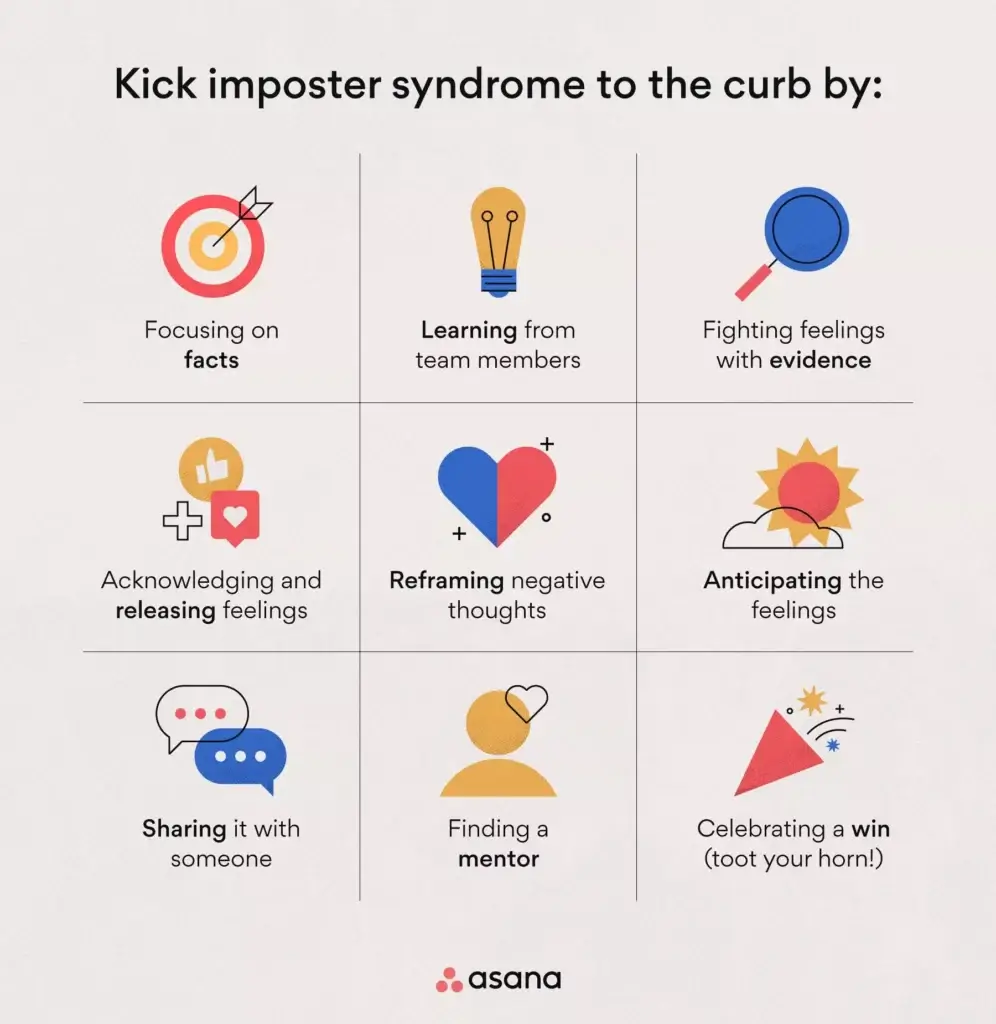It’s likely that you’ve experienced feelings of inadequacy, feeling like a fraud, or that you’re simply just not good enough at some point during your lifetime. Whether you’re two months or 20 years into your career, feelings of being an imposter can creep up unexpectedly and significantly impact the way you view yourself.
So, what exactly is imposter syndrome and why do we experience it?
Imposter syndrome is described as the condition of feeling anxious, not experiencing success internally, despite objectively reaching successful milestones. This can lead to feelings of fraudulency and inadequacy, convincing yourself that one day you’ll walk into the office, and everyone will realise you don’t deserve to be there.
It won’t matter that externally you’re receiving praise and achieving in all your appraisals; you’ll persuade yourself that any achievements were down to timing and good luck – and eventually, everyone else will realise the same thing. Due to this, you’ll create impossible standards for you to reach, striving for perfection and likely burning yourself out in the process.
Interestingly, early research focused on accomplished, successful women who experienced imposter syndrome. More recently, it has become evident that anyone can feel this, at any point during their career.
For example:
- 80% of CEOs feel out of their depth in their role
- 62% of working adults have experienced imposter syndrome in the last 12 months
- Two-thirds of Britons say they have difficulty accepting compliments and praise
- Nearly half of students experience imposter syndrome
How can we stop feeling like an imposter, and recognise our achievements for what they are?
- First and foremost – acknowledge those feelings! It’s perfectly okay to feel like this, and it’s likely that your colleagues, friends, or your manager has experienced similar feelings.
- Talk about it– as the saying goes, a problem shared is a problem halved! Talking through your feelings with someone you trust can provide you with some external context, helping to reduce the catastrophising feelings you might be experiencing.
- Build connections – this can help support others that are also feeling the same and ensures that we’re caring for our peers.
If you’re interested in learning more about this, take a look at:
- https://www.betterup.com/blog/what-is-imposter-syndrome-and-how-to-avoid-it
- https://www.healthline.com/health/mental-health/imposter-syndrome#takeaway
- https://www.linkedin.com/posts/stevenbartlett-123_lets-settle-a-myth-when-you-feel-like-activity-7072572992974639105-MfD7?utm_source=share&utm_medium=member_desktop
Below also shows some of the ways that we can work to overcome these feelings:

Take a look at our Insights Hub for a range of professional resources.
